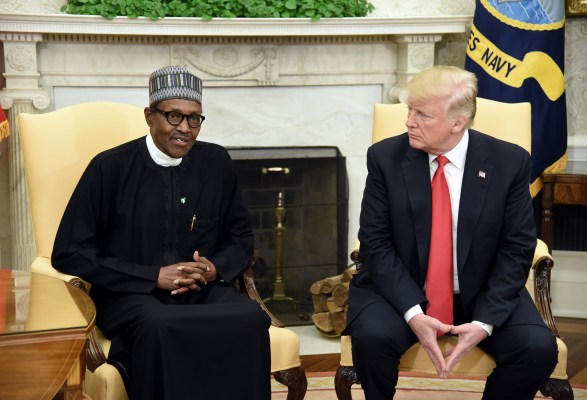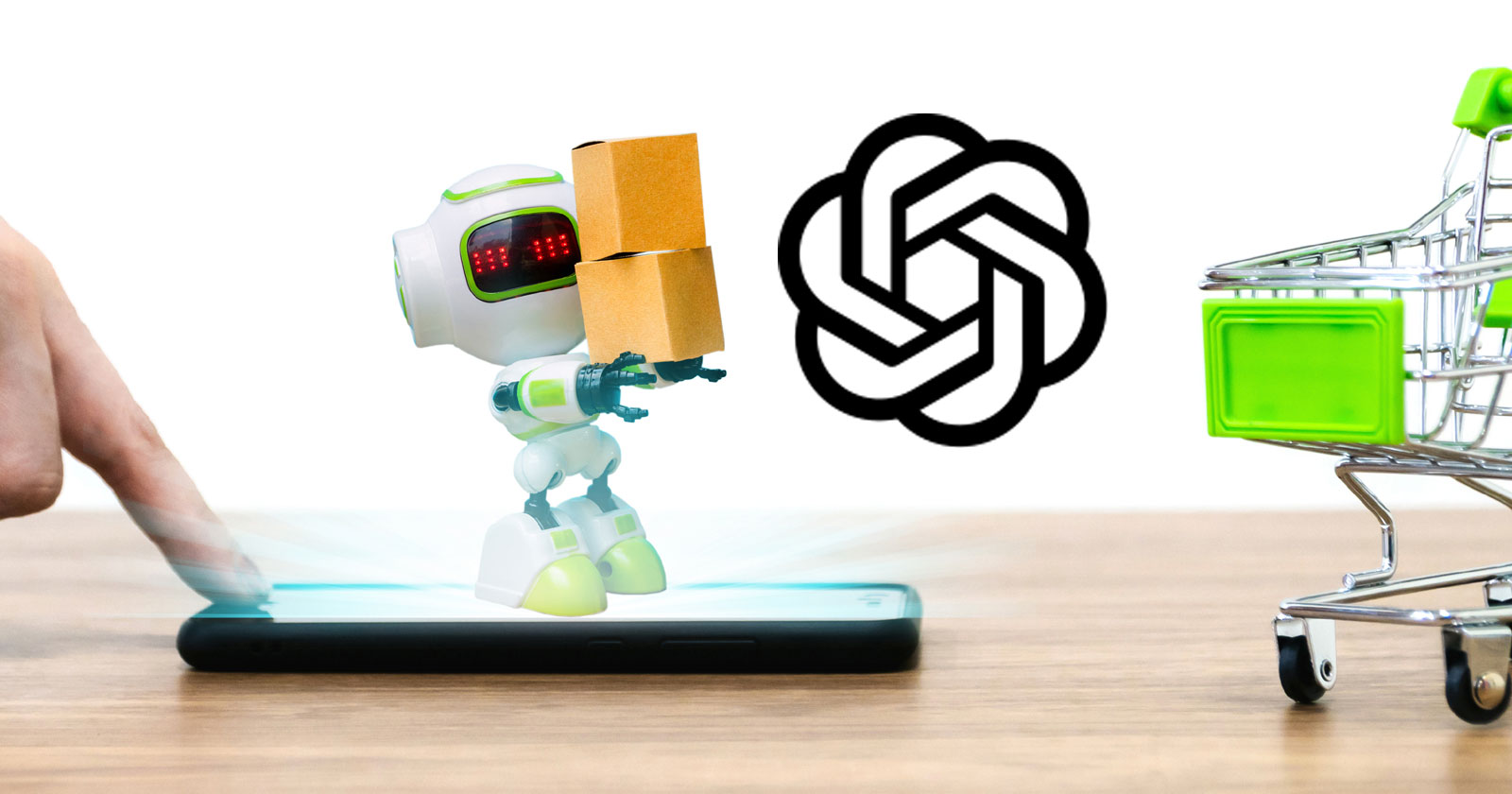New EU law could spark gold rush of iMessage alternatives
iMessage running on an iPhone. | Photo by Amelia Holowaty Krales / The VergeAt the moment, getting access to iMessage’s features on non-Apple devices is a complete pain. In fact, getting access to any messaging platform’s features outside of...

At the moment, getting access to iMessage’s features on non-Apple devices is a complete pain. In fact, getting access to any messaging platform’s features outside of its native apps can range from difficult to almost impossible. Whether it’s Facebook Messenger, WhatsApp, or Signal, in every case, the services’ developers want you to stick to their own software to message on their platforms.
But new rules announced by the European Union last week could pave the way for the barriers around these walled platforms to be dismantled. The new Digital Markets Act (DMA) includes a clause that says large messaging services could be compelled by other companies to offer interoperability with their platforms. It wouldn’t force Apple to make iMessage for Android, but it could allow another company to demand Apple open up its messaging service and then produce a third-party Android client with relative ease.
The Digital Markets Act is part of the European Union’s attempt to rein in Big Tech and introduce competition where it thinks it’s sorely lacking. And messaging apps like iMessage, WhatsApp, and Facebook Messenger, which use closed ecosystems to effectively lock in their users and entrench their position, are an easy target. But these interconnectivity proposals have also raised concerns from security experts, who are worried that forcing services like WhatsApp to interconnect with others might compromise the default end-to-end encryption that their users rely on.
As a large, popular messaging service that’s only available on select hardware, iMessage is a particularly tempting target. Under the proposed language, the DMA would not only allow a third-party developer to make an Android messaging client that’s compatible with iMessage but also opens the possibility of WhatsApp integrating with Apple’s messaging service.
One person who would be very interested in making use of this legislation if it passes into law is Eric Migicovsky, founder of former smartwatch manufacturer Pebble and co-founder of the unified messaging app Beeper.
:no_upscale()/cdn.vox-cdn.com/uploads/chorus_asset/file/23352536/60053ce0e545a70e829842f9_bridgeConnected_p_800.jpg) Beeper’s pitch is to offer a single interface for all chat apps.Image: Beeper
Beeper’s pitch is to offer a single interface for all chat apps.Image: Beeper
“I’m cautiously optimistic [about the DMA],” Migicovsky told me over Zoom, “these things always have curveballs, but hey, the GDPR [General Data Protection Regulation] definitely shook things up, and this appears to have some of the teeth… even more teeth than the GDPR has.”
A large part of Beeper’s pitch is offering the kind of interconnectivity that the DMA is hoping to facilitate. The app, which is offered for a flat $10 per month subscription, is designed to offer a single interface for all of your different chat networks. As of this writing, Beeper’s website lists 15 chat networks that it integrates into a single app, including Slack, WhatsApp, and even iMessage.
But in the absence of official support from Apple, offering interconnectivity with iMessage requires some creativity on Beeper’s part. It requires that its customers use an Apple product to act as a relay between its app and Apple’s messaging service. At one point, the company was offering to ship out jailbroken iPhones to act as bridges, but nowadays, Migicovsky tells me that it just relies on a Mac app that users can run to act as a bridge.
Beeper’s approach is similar to a host of other apps that have emerged to offer iMessage support on Android. AirMessage, BlueBubbles, and WeMessage all make the tantalizing promise that they’ll keep your chat bubbles blue even when you’re using an Android device, but all come with similarly complicated setup instructions needed to bridge Apple’s official software with their third-party alternatives.
One of the first of these apps to emerge was WeMessage in 2017, which developer Roman Scott tells me he put together to help out Android-using school friends who were feeling left out of iMessage group chats. Like Beeper, it used always-on Mac software to forward messages to its Android app.
But there are numerous downsides to the approaches used by Bleeper and WeMessage. Setting up the system is unintuitive, and it’s a pain to constantly run an Apple device as a bridge. It also relies on users owning a Mac (or being willing to set up a macOS virtual machine) to act as a companion with an Android phone.
Despite the hoops its users had to jump through, Scott was pleasantly surprised by WeMessage’s popularity. At its peak, it boasted between 30,000 and 40,000 users and overall was downloaded around 120,000 times. But in the end, Scott tells me, it just became dispiriting working on an app that felt so hacky and which even fans of the app were telling him was going to get shut down. “Psychologically, it killed a lot of my motivation for the project,” Scott says.
“It’s hard for it to be considered legitimate,” Scott tells me. “I was exploring methods of monetization, but a lot of people were like, ‘If you monetize this, Apple’s going to sue you.’ I don’t know, I didn’t think Apple was going to sue me, but I was 16 years old. I did not need to be getting hit with a cease and desist.” In the end, Scott says he got too busy to maintain WeMessage’s 50,000-line strong codebase, so he open-sourced it and moved on to other projects.
If the DMA passes in its current form, these kinds of third-party clients could be given the chance to ditch their hacky workarounds and gain a proper sense of legitimacy. “It would be so much better,” Beeper’s Migicovsky says. It would allow Beeper to move on from the Mac app it needs for iMessage interoperability and avoid using background web apps to integrate with other services.
The EU has announced that it plans to use a variety of factors to determine if a tech giant is large enough to be categorized as a “gatekeeper,” including having over 45 million monthly end users and having a market cap of over €75 billion or an annual turnover of over €7.5 billion. Migicovsky says Beeper intends to request interoperability with all possible services when the time comes.
But Scott is less certain when I ask him whether the new laws could tempt him to return to his work on WeMessage, citing how easy it would be for other developers to build exactly the same app. “There would be so many people that would replicate it in five seconds, I don’t think it’d be worth me coming back to do it,” Scott says. “Either you have to be first, or you have to be the best, and I don’t know if I would have enough time to invest in WeMessage to make it the best again.”
Critics have been quick to point out the problems with requiring platforms to offer this kind of interoperability, like the impact it could have on the security of personal messages. iMessage, along with other services like WhatsApp, offers end-to-end encryption for its messages by default, and cryptographers are concerned that it will be very difficult to maintain this security as messages pass between different apps.
“We remain concerned that some provisions of the DMA will create unnecessary privacy and security vulnerabilities for our users,” Apple spokesperson Fred Sainz said in a statement last week. Meanwhile, WhatsApp chief Will Cathcart also expressed concerns about the legislation in an interview with Platformer’s Casey Newton.
“I have a lot of concerns around whether this will break or severely undermine privacy, whether it’ll break a lot of the safety work we’ve done that we’re particularly proud of, and whether it’ll actually lead to more innovation and competitiveness,” Cathcart said and added that interoperability could harm WhatsApp’s efforts to combat spam, misinformation, and hate speech on its platform.
Haven't seen the details of this yet, but I hope they are extremely thoughtful. Interoperability can have benefits, but if it's not done carefully this could cause a tragic weakening of security and privacy in Europe. https://t.co/mEWgQr3D2Z
— Will Cathcart (@wcathcart) March 25, 2022When I asked Migicovsky about how interoperability could harm security, he told me he didn’t see any technical reason why they couldn’t be overcome. “All we’re asking for is to be able to interoperate,” he says, using WhatsApp as an example. “Right now, WhatsApp is both the network and the app. All we’re asking is for our app to be able to talk on the protocol that WhatsApp is using. The WhatsApp app can do it — why can’t we do it?” The implication here is that WhatsApp’s objections might have less to do with technical constraints and more to do with protecting its business.
Questions have also been raised about what a law like this could do to platforms’ ability to develop and innovate their services over time. If you’re building not just an app for your users but also a platform for other companies to interconnect their services with, the argument goes that you’re unable to change and adapt your service over time lest you break everyone else’s apps.
Completely open standards, or federated messaging protocols, arguably exhibit a worst-case scenario here and can seem “stuck in time” compared to how centralized services can very quickly innovate. “It’s what Slack did with IRC, what Facebook did with email, and what WhatsApp has done with XMPP,” Signal founder Moxie Marlinspike argued in a blog post from 2016. “In each case, the federated service is stuck in time, while the centralized service is able to iterate into the modern world and beyond.” It’s worth noting that Signal, with its roughly 40 million users, is likely to be too small to be designated as a gatekeeper and therefore required to offer interconnectivity with other platforms by the EU’s law.
Even a modern protocol like RCS has struggled to catch on despite being championed by Google, in no small part because Apple doesn’t seem interested in building compatibility into iOS.
But Migicovsky argues that the current incumbent messaging platforms have such a huge advantage over newcomers that there’s little to no incentive for them to innovate in the first place. “Has WhatsApp changed in the last six years?” Migicovsky asks, pointing towards the introduction of video calling in 2016 as the last major new addition the Meta-owned messaging platform made to its service. Since then, he argues, the additions have been minor and haven’t changed WhatsApp’s core functionality.
Any potential costs of this interoperability, Migicovsky argues, would be mitigated by its benefits to openness and innovation. Look at email, he says, where Google was able to waltz in and completely disrupt Microsoft’s dominant Hotmail back in 2004.
“Think about how much better Gmail was than Hotmail,” he says, adding that features like large file storage and its responsive interface felt like a breath of fresh air at the time. “Someone’s going to make the Gmail of iMessage clients. Who would say no to that?”

 Lynk
Lynk 





















![Run An Ecommerce SEO Audit in 4 Stages [+ Free Workbook]](https://api.backlinko.com/app/uploads/2025/06/ecommerce-seo-audit-featured-image.png)









